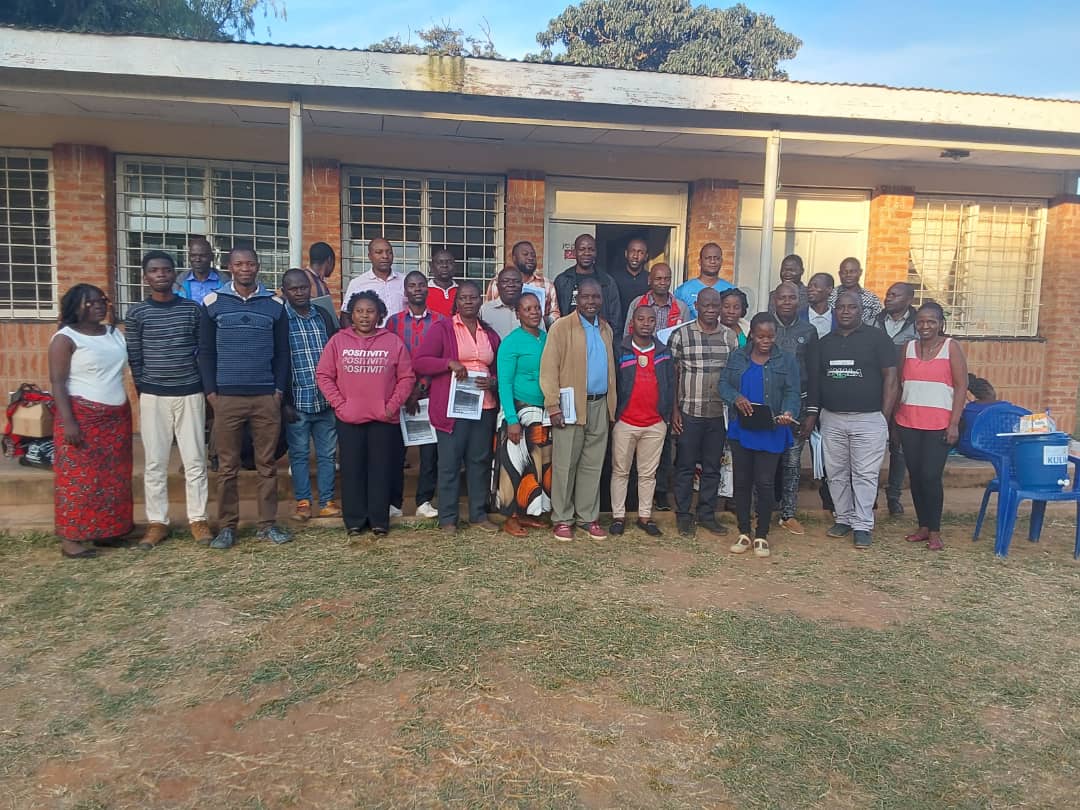The International Centre for Research in Agroforestry (ICRAF) – Malawi says there is a high hope that farmers in the country will benefit more if they adopt agroforestry agriculture systems within their fields.
The sentiments follow a four-day training of front-line workers that ICRAF conducted from 8 to 11 May at Lisasadzi Rural Training Centre in Kasungung district.
According to ICRAF Field Officer, Konisaga Mwafongo, the training has equipped the field officers with knowledge and skills in agroforestry technologies for them to ably spread the interventions to local farmers in their designated areas.
Mwafongo added that it has been very worrisome for farmers in the country to struggle every year to afford fertilizer to apply in their fields and improve their degraded farmland just because many of them do not venture into agroforestry.
“Farmers should know that crop rotation or relying on fertilizer application every year can be substituted with agroforestry activities such as intercropping of fertilizer trees and crops as a way to restore the degraded landscapes,” said Mwafongo.
He then added that “time has come for farmers, especially in rural areas to apply the intervention saying it has a high possibility to improve and recover lands that are infertile.”
Echoing Mwafongo’s sentiments, Programme Support Manager for YONECO – Hughes Munthali encouraged the participants to take into account issues of inclusion as they advance agroforestry among farmers. He pointed out that, though they make up the majority, women and the youth are often neglected in many socio-economic development initiatives.
Some of the front-line workers who were trained include field coordinators from Total Land Care, YONECO, and officials from the Department of Forestry among others. The training was conducted under Sustainable Management of Landscape (SAMALA) Project which is being implemented in Dowa, Kasungu, Ntchisi, and Mzimba districts with funding from the government of Flanders and the Embassy of Ireland.


